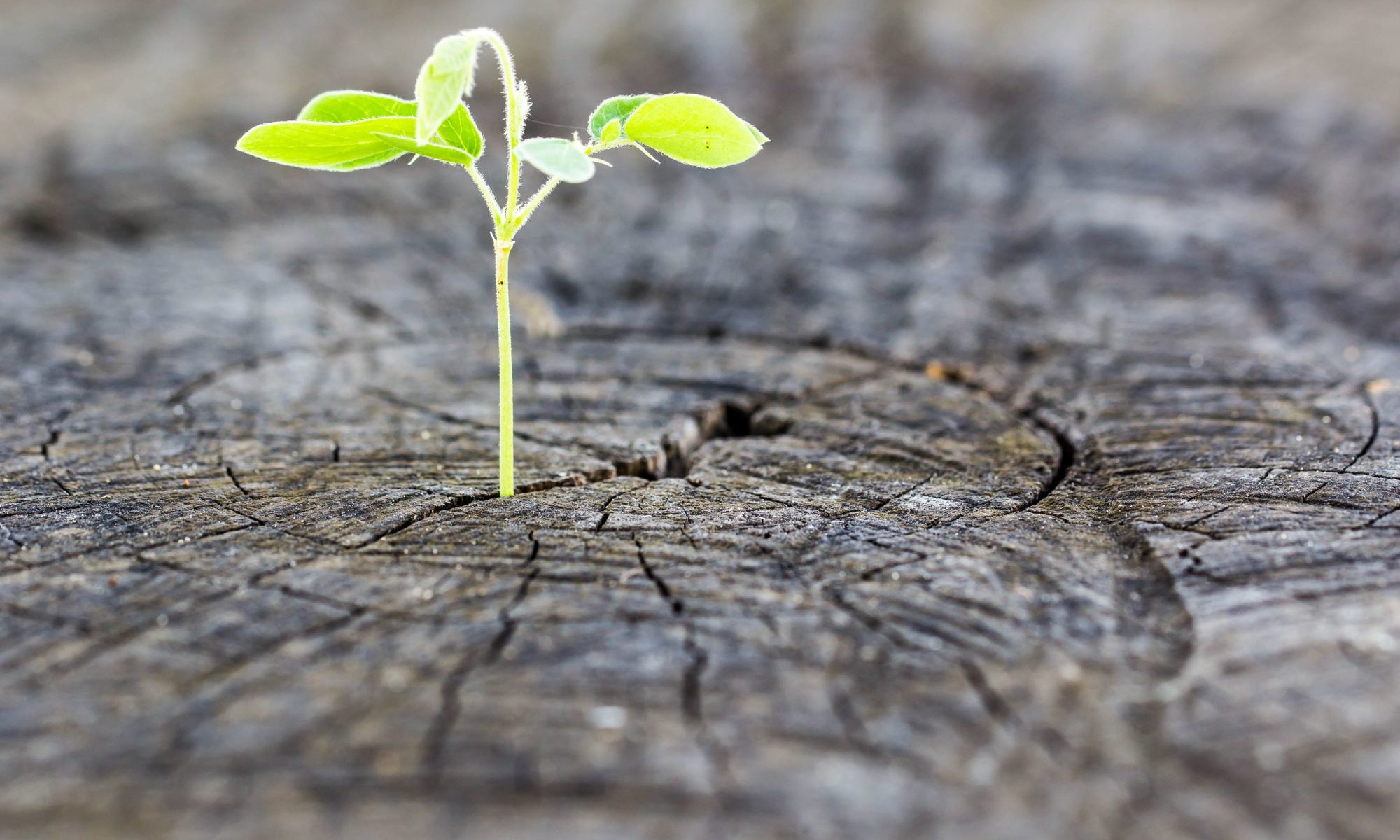I had some interesting reactions when I posted “The key to a successful recovery from this crisis is how fast the economies can re-allocate both financial and human capital” – but I think I may not have made my point clear.
I mentioned in that post that business failures will occur. While this is a tragedy it is not all bad. Sometimes life is just like that. The circle of life involves death too. And while death is a tragedy it is neither good nor bad. It is what it is. To me, Steve Jobs expressed this extremely well in his 2005 Stanford commencement address, two years after he was diagnosed with pancreatic cancer which proved fatal.
“No one wants to die. Even people who want to go to heaven don’t want to die to get there. And yet death is the destination we all share. No one has ever escaped it. And that is as it should be, because Death is very likely the single best invention of Life. It is Life’s change agent. It clears out the old to make way for the new. Right now the new is you, but someday not too long from now, you will gradually become the old and be cleared away. Sorry to be so dramatic, but it is quite true.”
– Steve Jobs at the Stanford University commencement address in 2005





